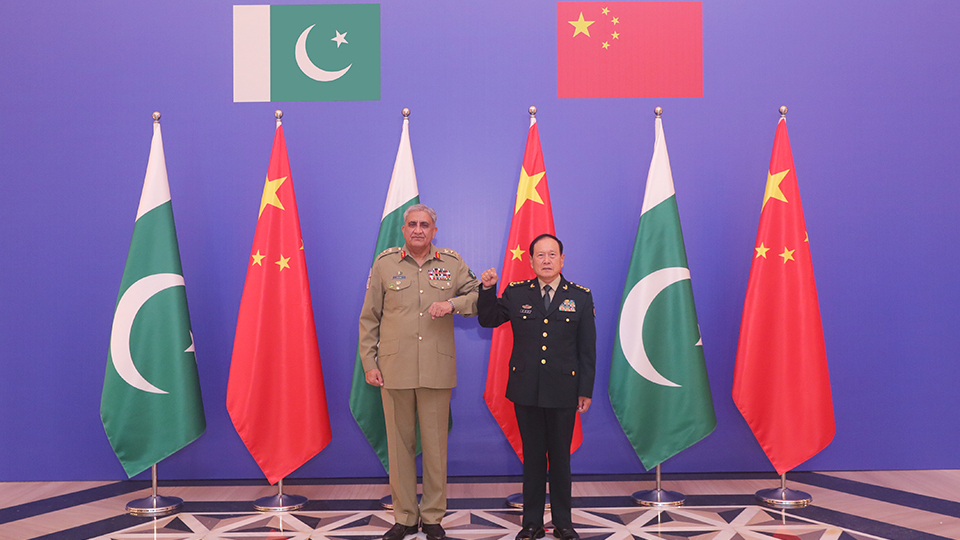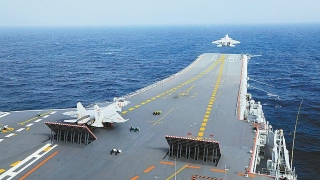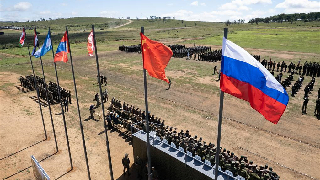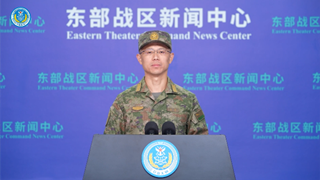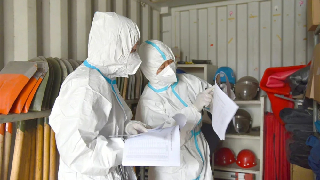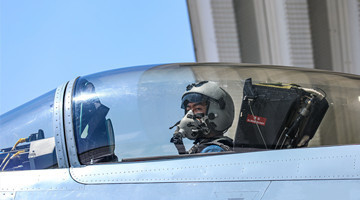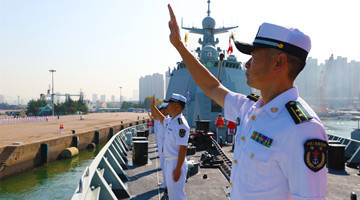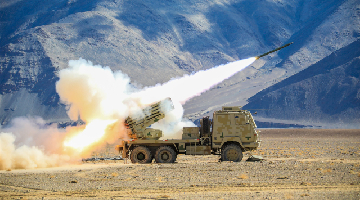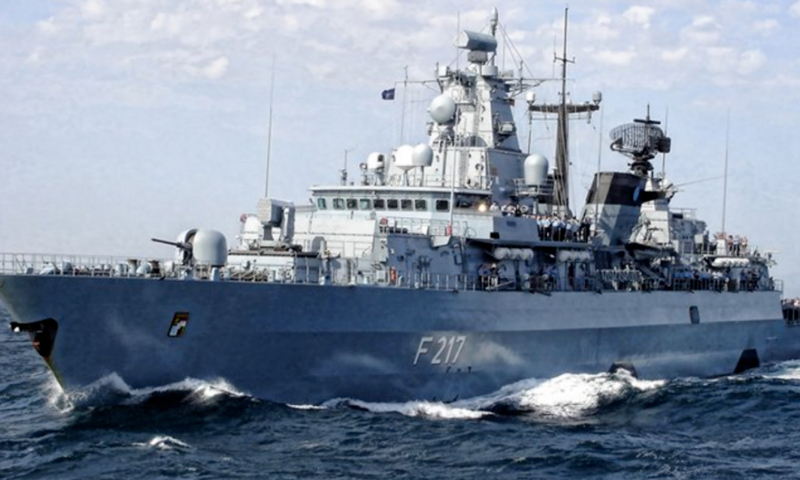
Do the military exchanges between Germany and Japan mean that Germany will be a regular presence in the Asia-Pacific region? Will it further upset the security situation in the region? Wide concerns have been triggered after Japan's Air Self-Defense Force (ASDF) said it will conduct joint training with the German Air Force on September 28 in Japanese airspace for the first time. Also, in November 2021, a German navy frigate, the European country's first military vessel to make a port call in Japan in about 20 years, docked in Tokyo.
In response, experts reached by the Global Times said that Germany's move to demonstrate its military presence in the Asia-Pacific region is different from that of the US, and its influence in the region is still limited.
According to the Japanese media outlet NHK, the ASDF said that three German Eurofighter jets will arrive at the Hyakuri Air Base in Ibaraki Prefecture, near Tokyo. Three Japanese F-2 fighter jets will take part in the formation and navigation training.
Germany's expansion of military activities in the region became a topic last year after the German navy frigate Bayern docked at a port in Tokyo on November 5, 2021.
The purpose of Japan's invitation to Germany to hold joint exercises in the country is very clear. The white paper "Defense of Japan 2022" mentioned: "The United States, Japan's ally, and Australia, India, as well as the United Kingdom, France, Germany, and other European countries, Canada, and New Zealand, are countries… (that) have geographic and historical ties to the Indo-Pacific region.
"The MOD/SDF has been encouraging these countries to become more involved in the Indo-Pacific region while promoting defense cooperation and exchanges..."
In response, Song Zhongping, a Chinese military expert, told the Global Times on Wednesday that we should be vigilant about Japan's move.
"On the one hand, it helps the US to promote its so-called 'Indo-Pacific Strategy' by cooperating with NATO members; on the other hand, it takes China as a threat and draws in NATO members to confront China together," said Song.
The German Air Force earlier took part in a multilateral military exercise that was held in Australia. In mid-August, Germany sent 13 military aircraft to joint exercises in Australia, the air force's largest peacetime deployment, underlining Berlin's increased focus on the Indo-Pacific, according to the Reuters.
German air force chief Ingo Gerhartz told reporters ahead of the mission that, with the deployment, he was aiming to send a signal to Germany's partners rather than China: "I don't think we are sending any threatening message towards China by flying to an exercise in Australia."
Asked whether the war planes will pass the South China Sea and the Taiwan Straits, Gerhartz said the aircraft would use civilian air traffic routes and that no passage of the Taiwan Straits was planned, Reuters reported.
On December 15, 2021, the German frigate Bayern sailed into the South China Sea for the first time in almost 20 years, another report by Reuters said on the day. A spokesperson for the defense ministry in Berlin said on the same day that the German navy vessel had begun the transit through the South China Sea on its way to Singapore, which was expected to take several days. Reuters cited officials in Berlin as saying that the German navy would stick to common trade routes.
Speaking of Germany's unconventional dispatch of troops to the Asia-Pacific region, Zhang Xuefeng, a military expert, told the Global Times on Wednesday that it is inevitable that this will trigger concerns that Germany and Japan, which were both members of the fascist Axis powers during World War II, when they were defeated, will get together for training again.
Both countries are sharply increasing their military spending and both are trying to exert more influence on the world stage. In particular, it is clear that Germany intends to increase its involvement in the Asia-Pacific region by sending a contingent of its air force to Australia to participate in the multinational exercise Pitch Black, and then to Japan and South Korea, the expert said.
Zhang said, "Therefore, it is not ruled out that Germany will normalize this kind of joint training in the future. However, Germany's influence in the Asia-Pacific is still limited. When Germany participated in the Pitch Black exercise, due to the long flight time, some of Germany's fighter pilots even came in diapers. Such a German air force may only be able to send a signal 'the spirit is willing but the flesh is weak'."
Song believes that Germany's presence in the Asia-Pacific region is due to pressure by the US and NATO, which forced it to send a signal that it is "with the US and NATO."
From German Chancellor Olaf Scholz's repeated statements, it can be seen that Germany is seeking a balance between China and the US, rather than choosing sides, the expert noted.
"Germany's focus is on Europe, and Germany doesn't really agree with NATO's eastward expansion. In fact, Germany sends warships and aircraft several times a year, which are not regular deployments of forces in the Asia-Pacific region.
"It's different from the US' regular display of a military presence around China. The huge Asian market, especially the Chinese market, is in Germany's vital interest," Song said.
